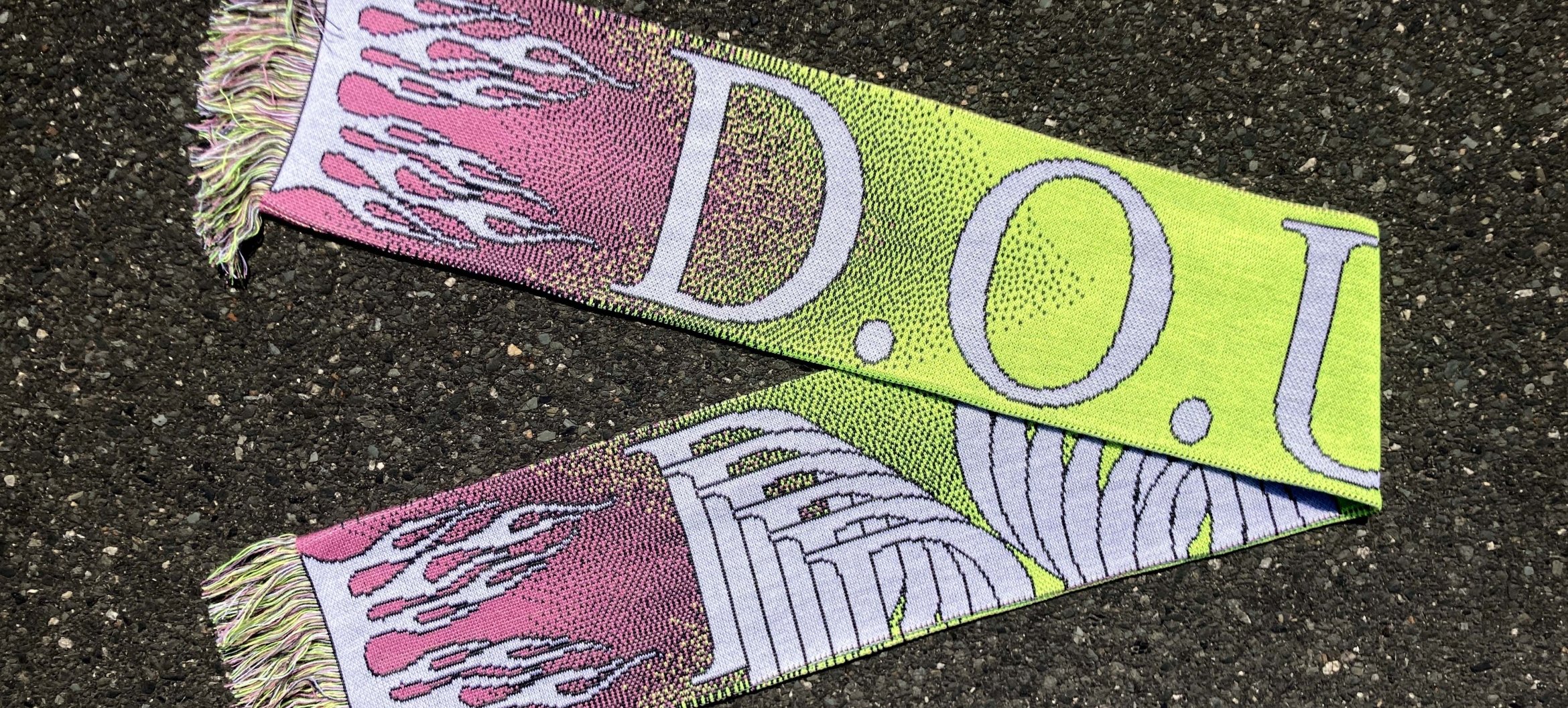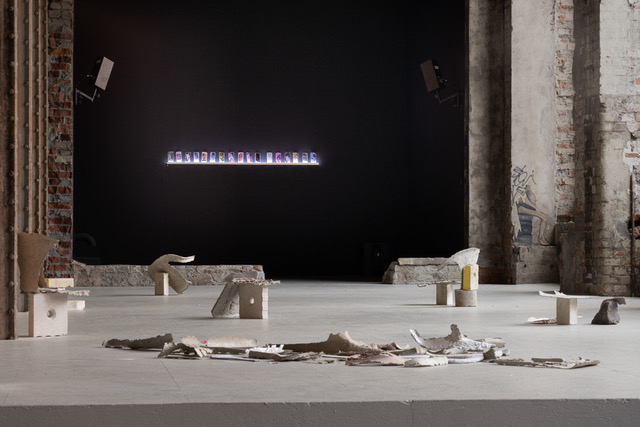Elisabeth wants to transform conflicts with humour and silliness
- Fine Art
- Education in Art
Can conflicts find transformation with silliness and humor? In her graduation research, Elisabeth Kraus, an International Master Artist Educator (IMAE) student, delves into the use of humor as tool for creative conflict transformation. "Humor can serve as a tool to create optionalities, fostering playful new perspectives for creative problem-solving. I am curious about the potential it holds for peacebuilding and conflict transformation."

Elisabeth's focus is on conflict transformation, and she is currently preparing her final graduation project at the site-specific college in Belfast. She is interested in the possibilities that socially engaged arts offerfor more creative problem solving, conflict resolution, and prevention. “An important aspect of my research is how humanity can find more clever ways to resolve and prevent conflicts, decreasing violence, and fostering critical creative thinking,“ Elisabeth explains.
Humor as empowerment and a form of agency
Her interest in humor stems from living in Beirut after studying fine arts in Weimar and Istanbul. "During my time in Beirut, I encountered inspiring artists and activists who demonstrated unwavering dedication to their activism and the fight for LGBTQ+ rights, despite the challenging circumstances they faced. What particularly stood out to me was their remarkable ability to find humor in that situation, revealing that their sense of humor empowered them and served as a form of agency.”
I aim to disrupt power dynamics, foster resilience, and develop coping mechanisms in difficult situations by introducing playful perspectives to conflict transformation."
During her previous research in Peacebuilding with Arts, Elisabeth made five visits to Beirut, engaging in conversations with numerous activists and a trauma specialists involved in theater work in a local prison. Despite the very difficult circumstances, Elisabeth saw a remarkable display of resilient silliness among the people she worked with and talked to. These experiences sparked her curiosity about the transformative potential of humor in conflicts. Elisabeth: “I aim to disrupt power dynamics, foster resilience, and develop coping mechanisms in difficult situations by introducing playful perspectives to conflict transformation, breaking free from the cycle of violence and retraumatization.”

Serious silliness
"I take humor and silliness very serious," admits Elisabeth. "The work we do - especially during the site specific college in Belfast - can be complex, heavy and difficult. Therefore, humor plays an incredibly important role for me personally and in my artistic practice. It provides me with a platform to stay active, reflect and gain other perspectives in difficult situations, what I as well hope to achieve in my artistic work." This approach – using humour to gain new perspectives and find creative solutions in difficult situaions or conflict - exemplifies the societal significance of her research.
Elisabeth acknowledges, "If we zoom out and expand the scope, I genuinely believe that if everyone learned how to address conflicts in a more clever and playful manner, the world could become a little less brutal." However, Elisabeth wonders if this statement might be overly romantic. "Schools do not teach us how to resolve conflicts or how to cultivate happiness. I work with young boys in Belfast coming from the two opposing communities and I see how, although they did not live through the Troubles [red: a religious and political conflict in Northern Ireland]. The conflict remains active, even without the use of weapons. My aim is to create something with them that helps this young generation transform the cycle of conflict and take a step towards a more empathetic world."
Humor plays an incredibly important role for me personally and in my artistic practice. It provides me with a platform to stay active, reflect and gain other perspectives in difficult situations."
Making change happen
For Elisabeth, one highly significant aspect iMAE was the opportunity to integrate her various interests, such as conflict and peace studies, psychology, critical pedagogy and art. "I had been searching for this kind of exchange for a very long time! I consider myself extremely fortunate to be part of such a diverse and fascinating group of people from all over the world. Having voices from Palestine, Iran, Russia, Greece, the Netherlands, Austria, Germany, Denmark, and Curaçao at one table is extremely enriching. The diversity of perspectives encourages profound political and social discussions."
The master's course offers many intriguing lectures and is highly adaptable to the needs of the group, Elisabeth explains. "We are regarded as colleagues and have the ability to shape the study programme based on our interests." Elisabeth hopes to witness the course's growth because she believes the work being done is truly unique and significant. "There is an immense amount of work to be done worldwide, and I deeply believe that art has the potential to address and, hopefully, transform the numerous existing injustice!"


